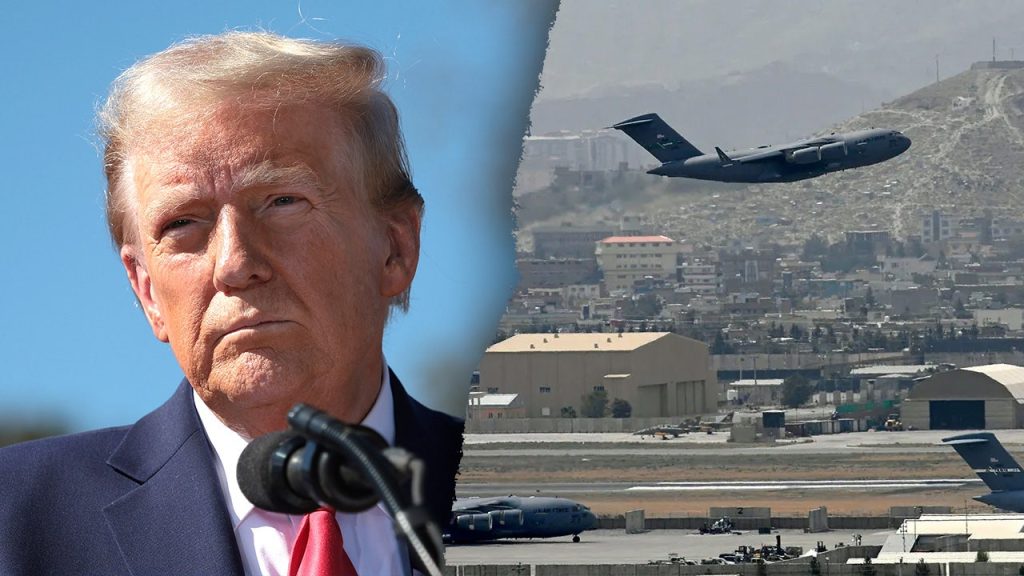A bipartisan coalition of 51 U.S. Representatives, led by Reps. Jason Crow (D-CO) and Zach Nunn (R-IA), has emphatically urged House appropriators to prioritize funding for the Afghan Special Immigrant Visa (SIV) program in the upcoming fiscal year (FY) 2025 budget. This plea comes amidst a backdrop of looming spending cuts championed by President-elect Trump and a broader debate over federal spending priorities. The lawmakers argue that the SIV program is not merely a budgetary line item, but a vital lifeline for Afghan nationals who risked their lives working alongside American troops, diplomats, and contractors. They underscore the urgent need for continued funding to ensure the State Department can process and issue visas to these vulnerable individuals facing imminent threats from the Taliban, ISIS, and other hostile groups.
The Representatives’ letter emphasizes the moral imperative of upholding America’s commitment to these Afghan allies who provided invaluable support during the United States’ two-decade presence in Afghanistan. The Taliban’s swift takeover of the country in 2021 drastically amplified the importance of the SIV program, transforming it from a steady stream of support to an emergency evacuation route for those who faced severe reprisal for their association with the U.S. The letter stresses the program’s effectiveness in providing a secure pathway to safety for those who aided the American mission, highlighting Congress’ consistent authorization of additional visas under the program since FY 2019.
The backdrop against which this appeal unfolds is one of intense political and fiscal maneuvering. President-elect Trump has vowed significant spending cuts through reconciliation, signaling a potential clash over budgetary priorities. This stance is supported by individuals within his circle, including some House Republicans advocating for greater presidential control over congressionally allocated funds. Adding to the complexity are the influential figures of Elon Musk and Vivek Ramaswamy, appointed by Trump to lead the Department of Government Efficiency (DOGE), an advisory panel tasked with identifying areas for cost reduction. While they played a significant role in opposing a recent bipartisan government funding bill, they have yet to specify their targeted spending cuts.
The looming question is how the SIV program will fare in this environment of fiscal constraint and competing priorities. The 51 lawmakers argue passionately for the program’s preservation, painting it as a crucial national security and humanitarian imperative. They contend that abandoning Afghan allies not only betrays American values but also jeopardizes future collaborations with local populations in conflict zones. The credibility of the United States’ promises of protection and support hangs in the balance, impacting the willingness of individuals in other countries to assist American efforts abroad.
Further complicating the situation is the ongoing struggle in Congress to reach an agreement on the FY 2025 budget. Repeated failures to negotiate a deal have led to the passage of two continuing resolutions, temporarily extending previous funding levels to avoid a partial government shutdown. The current extension extends the deadline to March 14, creating a race against time for lawmakers to resolve their differences and finalize a budget. The fate of the Afghan SIV program hangs in the balance, intertwined with the broader debate over federal spending and the future direction of U.S. foreign policy.
The bipartisan group of lawmakers urging the continuation of SIV funding faces a multifaceted challenge. They must navigate the political landscape, balancing the need for fiscal responsibility with the humanitarian and strategic importance of the program. The potential impact of President-elect Trump’s cost-cutting agenda adds another layer of complexity. The lawmakers’ appeal highlights the delicate balance between budgetary constraints and moral obligations, urging Congress to recognize the long-term ramifications of abandoning allies who risked their lives for the American cause. The outcome of this budgetary battle will have profound implications for the lives of thousands of Afghans and the future of U.S. foreign policy.

